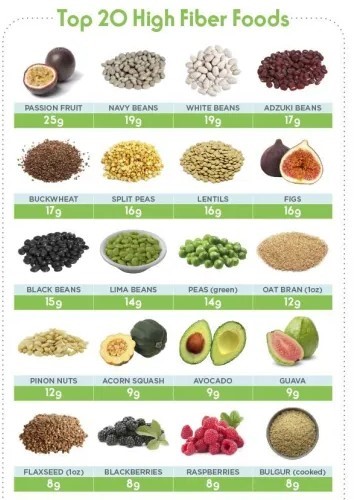Exhibits Here
The nurse is preparing the client for surgery. Which of the following actions should the nurse take? Select all that apply.
Obtain a complete blood count.
Prepare the client for insertion of an 18-gauge peripheral IV prior to surgery.
Administer Rh, D immune globulin prior to surgery.
Explain the surgical procedure to the client.
Verify consent form is signed by the client.
Assist with the administration of AB-positive blood products if needed.
Remind the client to be NPO prior to surgery.
Correct Answer : A,B,C,E,G
Based on the given information, the nurse should take the following actions in preparation for surgery:
- Obtain a complete blood count: This is important to assess the client's hemoglobin, hematocrit, and other blood parameters before surgery.
- Prepare the client for insertion of an 18-gauge peripheral IV prior to surgery: Adequate IV access is necessary for the administration of fluids and medications during and after surgery.
- Administer Rh, D immune globulin prior to surgery: This action is indicated if the client is Rh-negative and there is a possibility of fetal-maternal blood mixing during the termination of pregnancy. Rh, D immune globulin is given to prevent sensitization to
Rh-positive blood.
- Verify consent form is signed by the client: Ensuring that the client has provided informed consent is essential before proceeding with any surgical intervention.
- Remind the client to be NPO (nothing by mouth) prior to surgery: It is important for the client to have an empty stomach to reduce the risk of aspiration during anesthesia.
The following actions are not indicated based on the given information:
- Explaining the surgical procedure to the client: Although it is important for the client to have an understanding of the procedure, this is typically done by the surgeon rather than the nurse.
- Assisting with administration of AB positive blood products if needed: There is no indication of the need for blood products based on the information provided. Blood product administration would be determined based on the client's specific condition and surgical requirements.
Nursing Test Bank
Naxlex Comprehensive Predictor Exams
Related Questions
Correct Answer is B
Explanation
Bran muffins are a good choice for relieving constipation because they are high in dietary fiber. Fiber adds bulk to the stool and helps promote regular bowel movements. It can soften the stool, making it easier to pass.
Puffed rice cereal is a low-fiber food and may not provide significant relief for constipation. It is typically low in fiber and may not help in promoting regular bowel movements.
Tomato juice, while a healthy choice, is not particularly high in fiber. It contains some fiber, but not as much as other options like bran muffins.
Cottage cheese is a good source of protein, but it is not known for its high fiber content. While it can be a part of a balanced diet, it may not have a significant impact on relieving constipation.

Correct Answer is C
Explanation
Tell the APS to stop the conversation.
Respecting and maintaining client confidentiality are an essential ethical and legal responsibility for healthcare professionals. When a nurse overhears APs discussing a client's information inappropriately, it is important to intervene and address the situation to protect the client's privacy. Option C, telling the APs to stop the conversation, is the appropriate initial action to take.
informing the client of the APs' actions in (option A), may not be necessary or appropriate unless the client's participation or consent is required due to the nature of the conversation or potential harm caused.
submitting an incident report to the risk manager in (option B), might be considered if the incident is significant or if the inappropriate conversation continues despite intervention. Incident reports are often used to document and address any potential breaches of client confidentiality.
documenting the event in the client's progress notes in (option D), may not be the primary action to take in this situation. While documentation of the incident may be necessary, addressing and stopping the inappropriate conversation should be the immediate priority.
In summary, when a nurse overhears APs discussing a client, the nurse should first intervene and tell the APs to stop the conversation to protect the client's confidentiality and privacy. Further actions, such as submitting an incident report or documenting the event, may be appropriate depending on the severity and ongoing nature of the situation.
Whether you are a student looking to ace your exams or a practicing nurse seeking to enhance your expertise , our nursing education contents will empower you with the confidence and competence to make a difference in the lives of patients and become a respected leader in the healthcare field.
Visit Naxlex, invest in your future and unlock endless possibilities with our unparalleled nursing education contents today
Report Wrong Answer on the Current Question
Do you disagree with the answer? If yes, what is your expected answer? Explain.
Kindly be descriptive with the issue you are facing.
